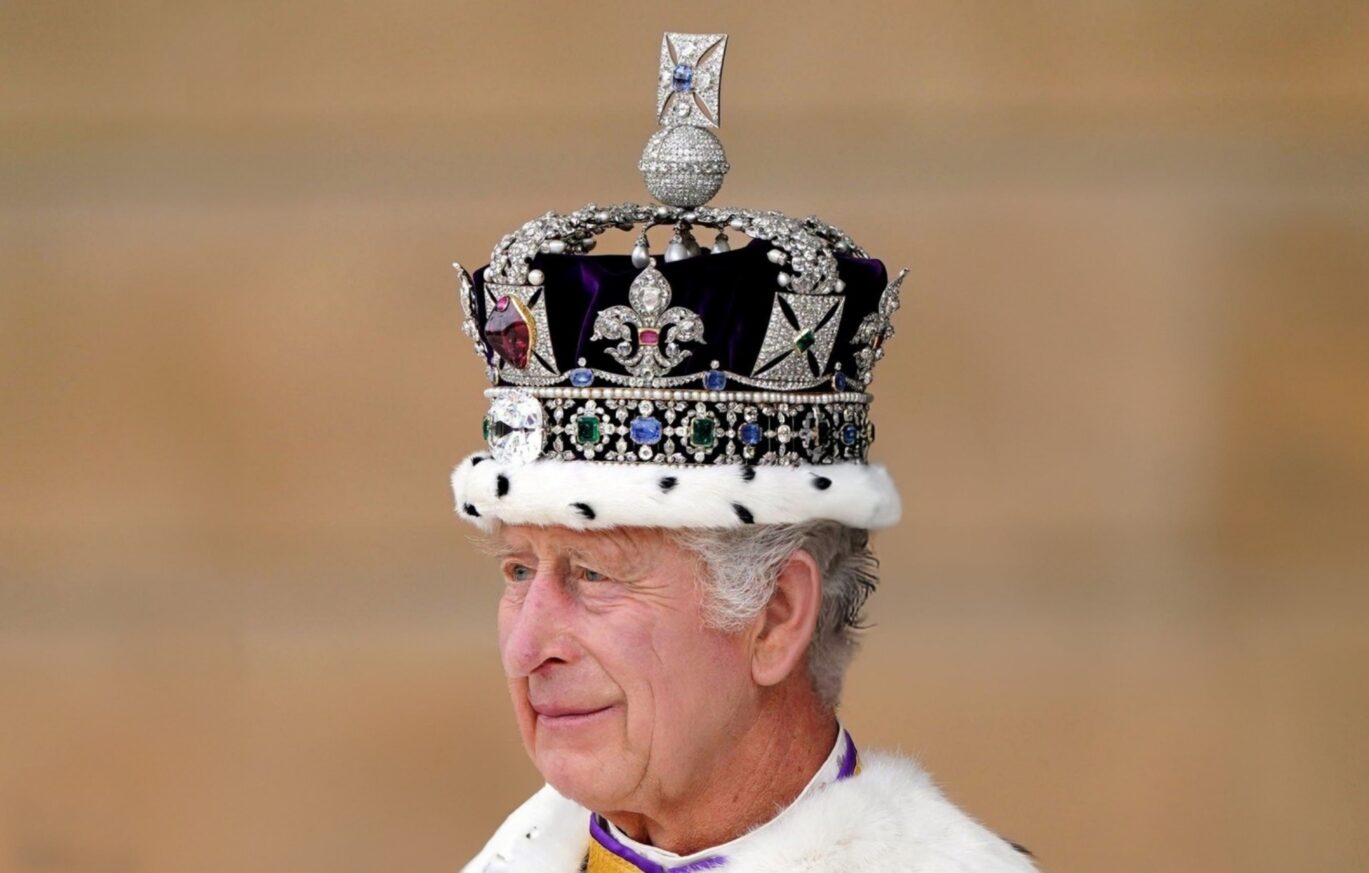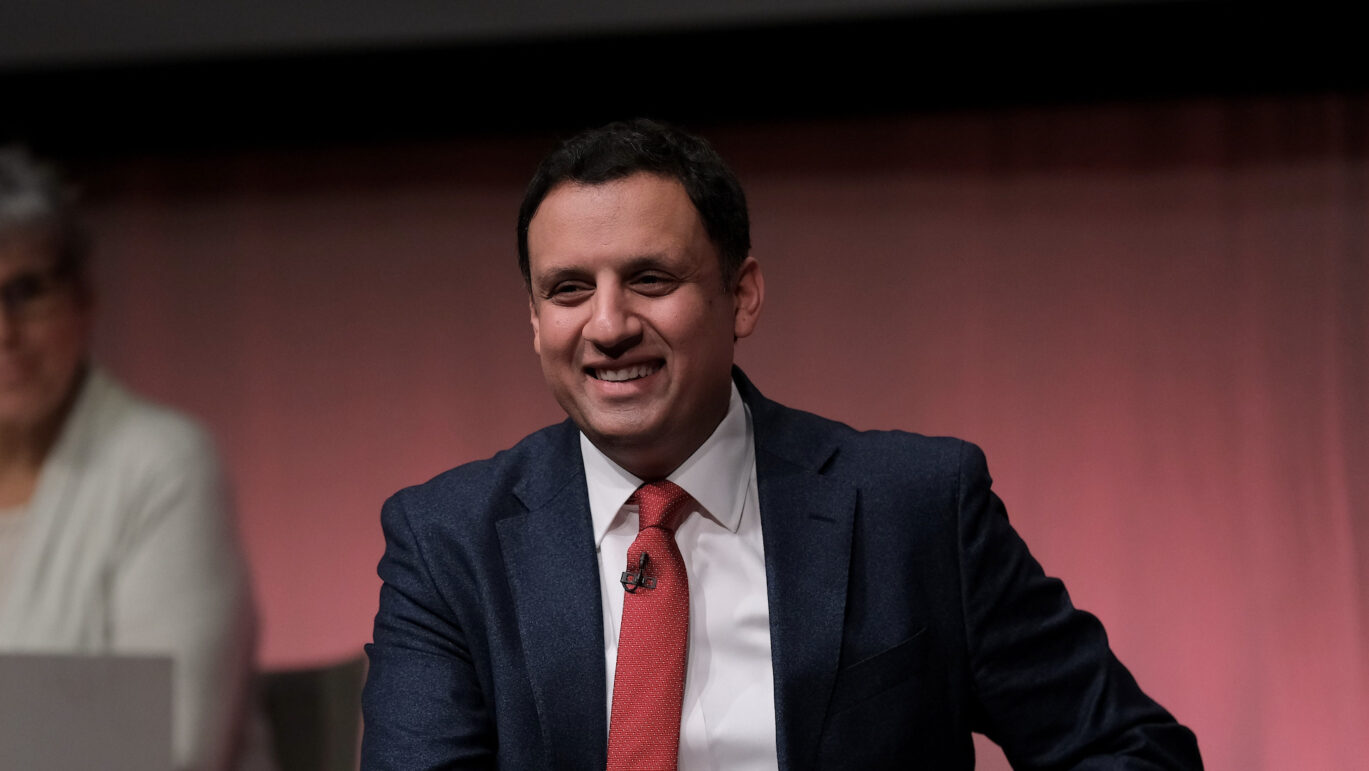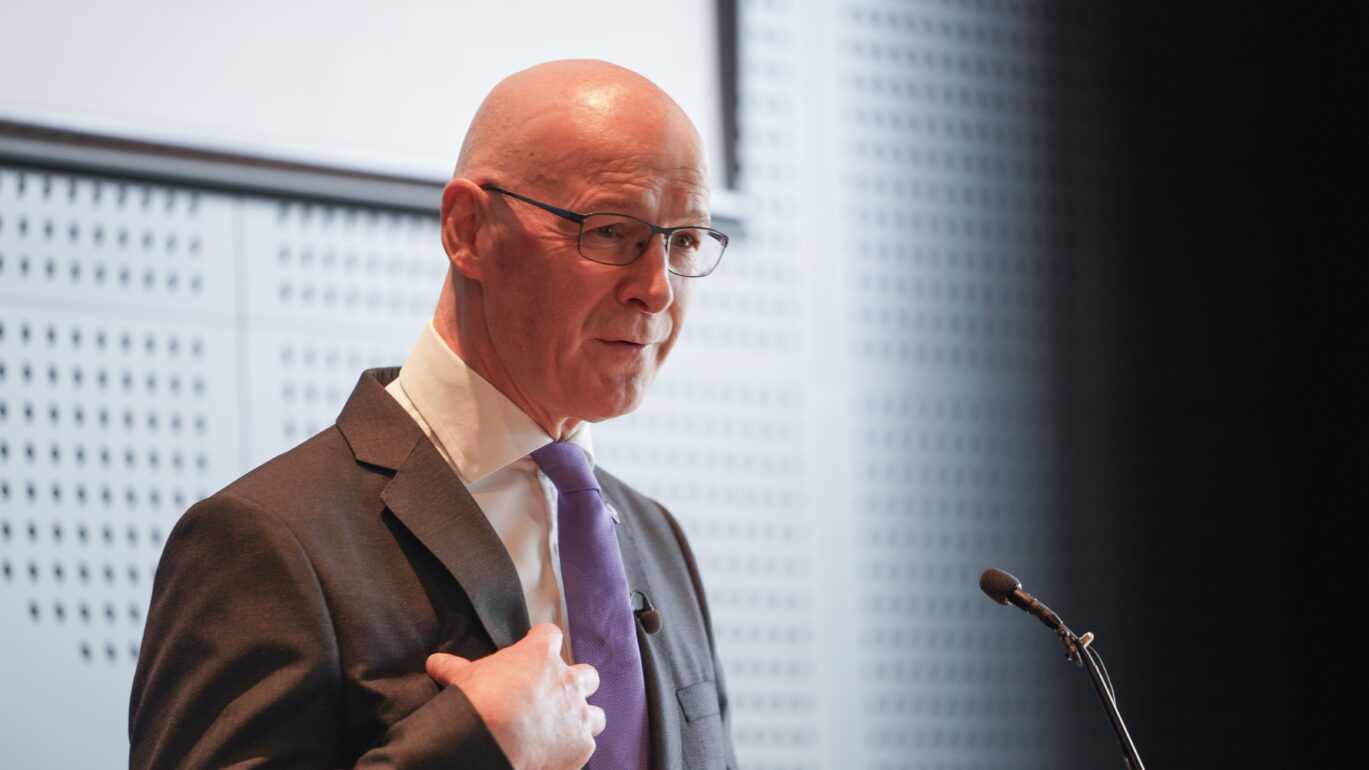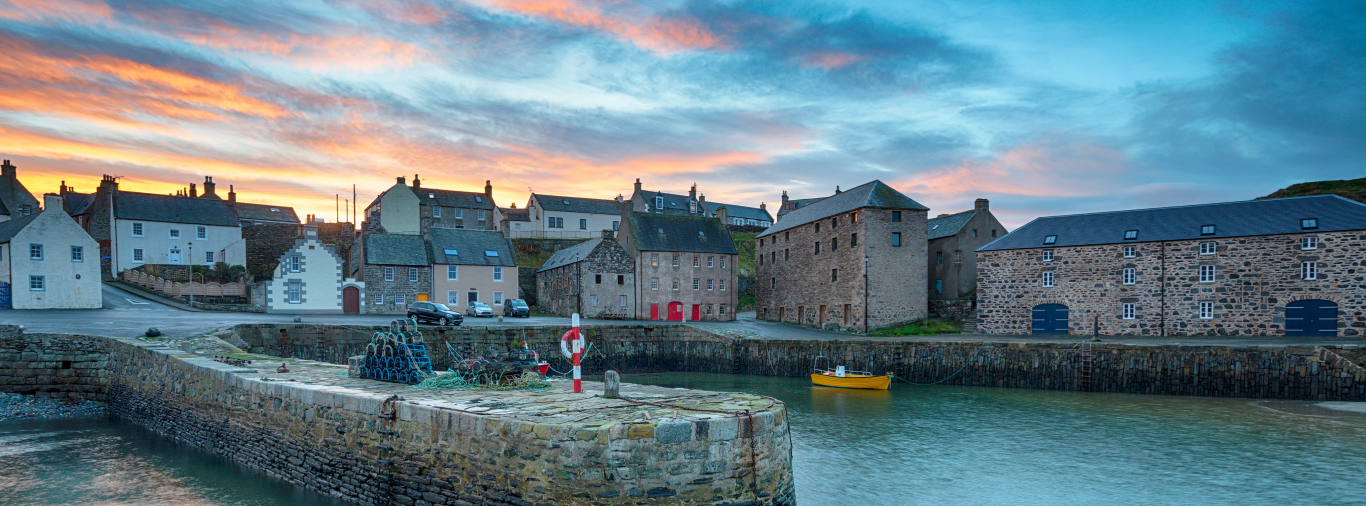On Thursday, health secretary Michael Matheson resigned and Humza Yousaf undertook a ‘mini-reshuffle’ of his cabinet. The scandal of the £11,000 iPad bill was only ever going to end this way. That it was allowed to rumble on eroding public trust for months is symptomatic of the SNP’s wider fortunes, which began to rapidly deteriorate almost a year ago to this day.
Fifty-one weeks ago a press conference was hastily arranged in the Drawing Room at Bute House. Nicola Sturgeon stood before Alexander Nasmyth’s pastoral portrait of Robert Burns, announced her resignation as first minister and set in motion a remarkable chain of events.
The signs of the decline were even there in the final months of Nicola Sturgeon’s lengthy and electorally successful premiership. Her own strategic assuredness began to wane and her government became embattled on several policy fronts — facts she recognised herself before she left office. Perhaps not taken seriously enough by the SNP at that time was that a fast encroaching political tide was already beginning to lap at its feet.
The SNP’s manifold problems are not all of its own making. Parliamentary democracy tends to put a shelf life on governments — indeed many are curtailed well short of the commanding 17 years the SNP has so far enjoyed. The general ‘scunner factor’ with the party has more recently, however, gained purchase in the public psyche and made people restless for change. The beneficiary in the polls is Labour: if it’s game on for Keir Starmer’s party at Westminster, with the promise of turfing out the Tories, then Scotland wants in on the action.
The trouble for the SNP is that these powerful forces working against them are ones over which they have limited control. But it is hard to know for sure whether these threats in and of themselves would be sufficient to bring about wholesale upheaval in a majority of Scottish seats. What is certain is that the SNP have not helped themselves in several respects.
A bruising leadership battle between Humza Yousaf and close runner-up Kate Forbes played out an ideological battle for the soul of the party in public. A failure in new leadership to effectively draw together factions afterwards has left those wounds exposed. The psychodrama of a police investigation into the SNP’s finances, to date still unresolved, has sown doubt in the minds of voters around continuing to place their trust in Scotland’s party of government. In more recent weeks, a challenging Covid Inquiry sitting in Edinburgh has asked some brutal questions and shone light on WhatsApp messages and practices that many would have rather kept private.
Half of the electorate that still yearns for Scotland to become an independent country, especially after Brexit and some ignominious years at Westminster, yet the nationalist cause has failed to capitalise on that frustration. Many of those voters are now willing to hold their noses and vote Labour this year, in spite of that party’s wish to maintain the constitutional status quo.
The new First Minister has squandered the first ten months in which he could have meaningfully shrugged off the old, and embarked on the new — signalling a new era for Scottish nationalism which could straddle a broad centre ground. Now, with a general election just months away, time is against him.
There have been three polls in quick succession over the past fortnight which have represented the good, the bad and the ugly for the SNP. Norstat’s survey for the Sunday Times was the worst of the three. Under their projections the SNP, which won 48 seats in the 2019 election, would be reduced to just 18 MPs. Labour meanwhile, would be back on top in Scotland, returning 28 parliamentarians to Westminster north of the border. A poll by Survation, commissioned by my own advisory firm True North, puts the nationalists a nose ahead in current voting intentions. However, given the swing in Scotland’s central belt, that would result in 23 MPs apiece for the SNP and Labour. The prevailing trend is that Labour are on the march, but this week’s Ipsos poll will have cheered the hearts otherwise gloomy SNP strategists — giving them a seven point advantage, leading to victory in 40 of the 57 seats up for grabs.
Remarkably, after a year of hell for the SNP, they ain’t beat yet. In the same arena, Scottish Labour have their work cut out to be certain of success. For either party the route to victory depends on successfully addressing that perceived flaw common to both Humza Yousaf and to Keir Starmer: who are they and what do they stand for? The SNP are terrified of losing and seem unable to get back on the front foot. Meanwhile the Labour party are terrified of winning and struggle to radiate the required confidence of change.
Four million Scottish voters have had the chance to visit the polling station no less than 11 times in the past ten years, between local, national, UK and European elections — with a couple of referendums thrown in along the way for good measure. After that much practice, they’re a discerning bunch. The least they deserve is something worth voting for to haul Scotland out of its rut.
“This column was first published by the The Spectator on 10th February 2024. Link: https://www.spectator.co.uk/article/can-the-snp-claw-back-support-in-scotland
To Read more True North insights and news click here










